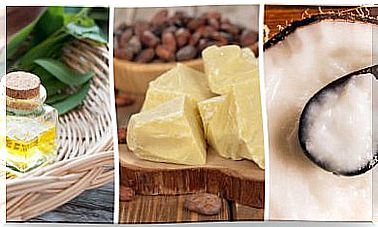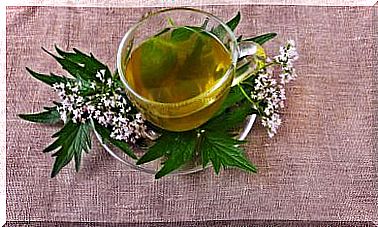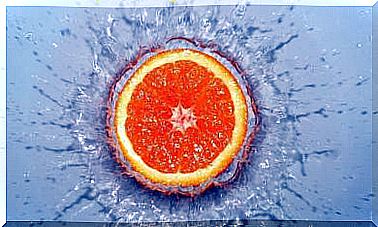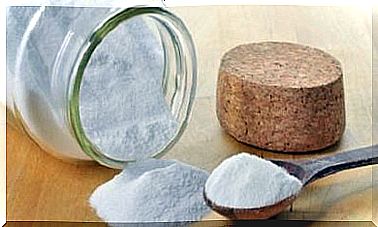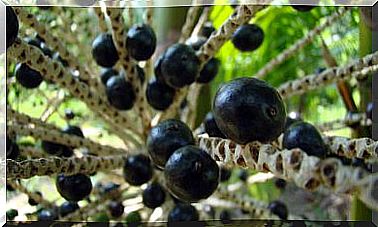Diet To Protect Your Lungs: What You Should Eat
To protect the lungs against chronic diseases it is important to ensure good nutrition, with adequate intake of omega 3 fatty acids and amino acids.
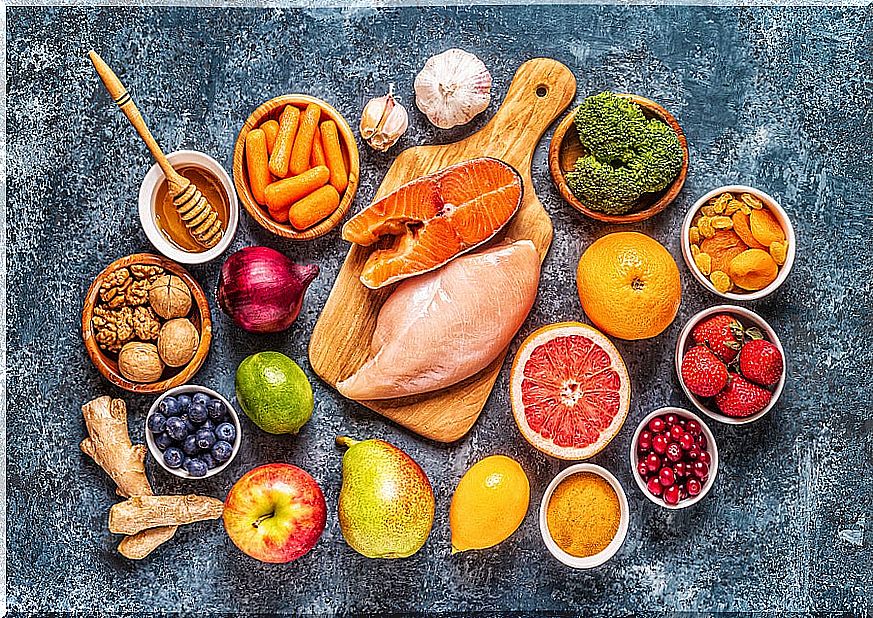
To make a diet in order to protect your lungs you do not have to make strict changes. Although it is essential to improve the quality of the food consumed, in general the ideal is to follow a balanced eating plan, with all the nutrient groups.
Nutrition is one of the most important pillars when it comes to protecting the health of the entire respiratory system. It is not only responsible for strengthening the immune system to increase defenses, but it also protects tissues and promotes their regeneration.
The problem is that very few pay attention to it and continue to consume products that are not quite good. This, added to the practice of bad life habits, explains why the number of patients with lung diseases has increased. How to improve the diet?
What you should eat on a diet to protect your lungs
With a diet to protect your lungs you can obtain interesting benefits if you have any condition or difficulty. Although you don’t have to be sick to adopt it, in general, it includes recommendations to alleviate the symptoms of respiratory infections or chronic obstructive pulmonary disease (COPD).
It is important to note that it is not a strict regimen that must be implemented as is. It simply gathers a series of eating habits that can complement the balanced diet when a disease that affects lung health occurs. Take note!
Omega-3 fatty acids
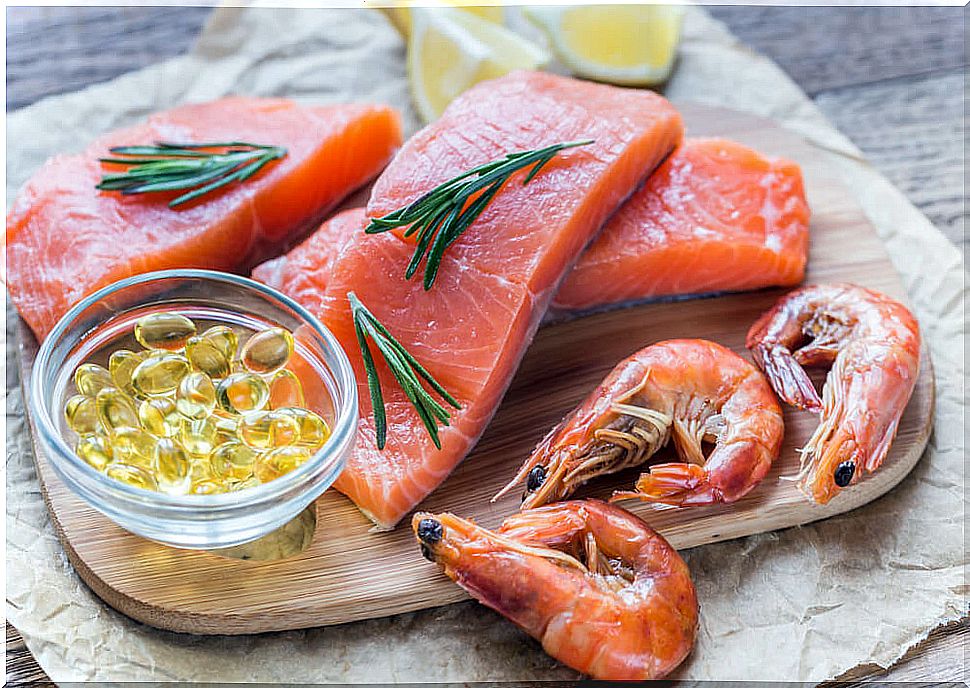
Omega 3 fatty acids play a leading role in the diet to protect your lungs. Although they are known for their ability to improve cardiovascular health, they also have a positive effect on the lungs and respiratory passages.
These variety of healthy fats lower the risk of lung cancer and chronic conditions, according to an article published in the journal Nutrients . In addition, they activate the secretion of anti-inflammatory substances to improve lung function in case of asthma, flu or cold.
Here we review some of its main sources:
- Fatty fish (salmon, mackerel, sardines, tuna, etc.).
- Black beans
- Flax seeds.
- Nuts.
- Olive oil.
Note : omega 3 is also available in supplements. Consult your doctor before taking it if you are in treatment for hypertension.
Glutamine and arginine
Pulmonary diseases cause intense protein degradation, especially of the amino acids glutamine and arginine. Due to this, before any respiratory problem, it is important to increase its absorption through supplements and food.
As a preventive, they can be added to the diet as part of the recommended daily amount of protein. However, if there is already a pulmonary pathology, the contribution should be a little higher to meet the needs. You can get it by eating fish, eggs, and dairy.
Taking glutamine on a regular basis reduces the incidence of respiratory diseases, according to a study published in the journal Nutrients . It is also capable of reducing the time of hospital stay in those patients undergoing surgeries.
Carbohydrates

40 or 45% of the total calories in the diet to protect the lungs must correspond to carbohydrate sources. Now, it should be clarified that complex types should be chosen, since simple ones can worsen inflammation. The options are:
- Whole grains.
- Vegetables.
- Fresh vegetables.
- Nuts and seeds.
Antioxidants
It has always been recommended to add abundant sources of antioxidants in the diet, since they are essential elements to fight against the negative action of free radicals. Of course this is quite beneficial for the lungs, as they are the organs most vulnerable to damage from toxins and oxidation.
The best foods with antioxidants are dried fruits, extra virgin olive oil, and vegetables. Also, although to a lesser extent, they can be obtained from other healthy ingredients such as whole grains and nuts.
Moderate sodium
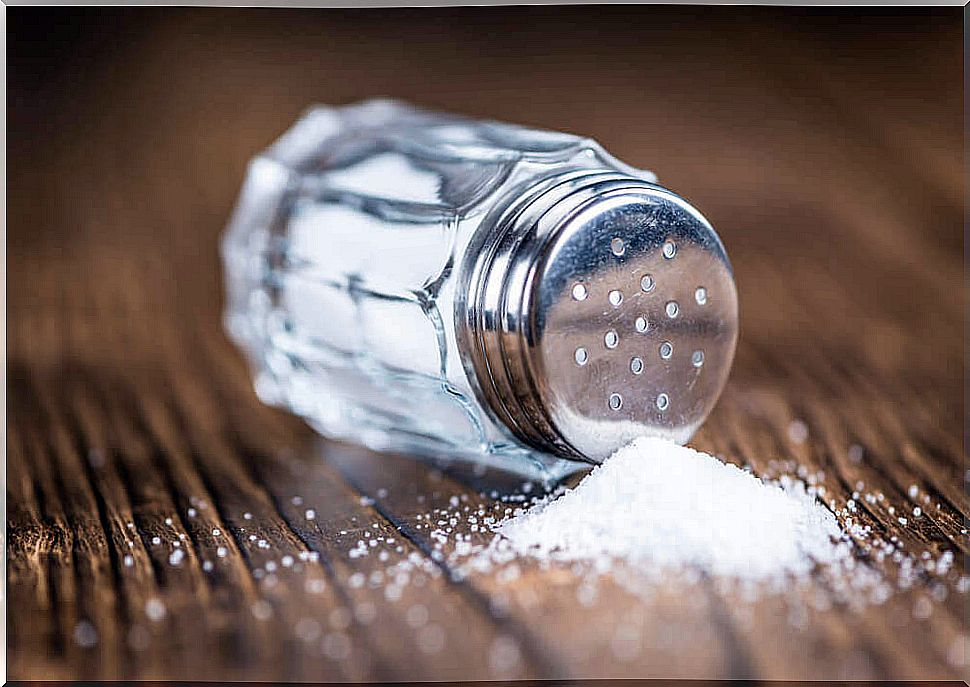
Consuming too much sodium is linked to several diseases that result from inflammation. For that reason, when it comes to dieting to protect the lungs, its intake should be regulated. It can be substituted for healthy options like herbs and spices.
Both table salt and processed foods rich in sodium affect the complications of lung diseases. By causing fluid retention and poor circulation, they overload the lungs that affect the ability to breathe.
Take care of the diet to protect the lungs
Besides considering the advice given above, it is good to know other habits that allow you to take care of the health of the lungs with the diet. If the goal is to have quality breathing and good dilation of the bronchi, keep the following in mind:
- Eat five meals a day (three main and two snacks).
- Limit your consumption of processed foods and canned foods.
- Avoid sugary sodas, candy, and energizers.
- Calm hunger with healthy snacks like nuts, plain yogurt, or fruit and vegetable smoothies.
- Get an “extra” vitamin C by increasing your citrus intake.
Finally, don’t forget to supplement these diet tips with regular exercise and water consumption. Both habits strengthen the airways and help detoxify the lungs when they are saturated.


